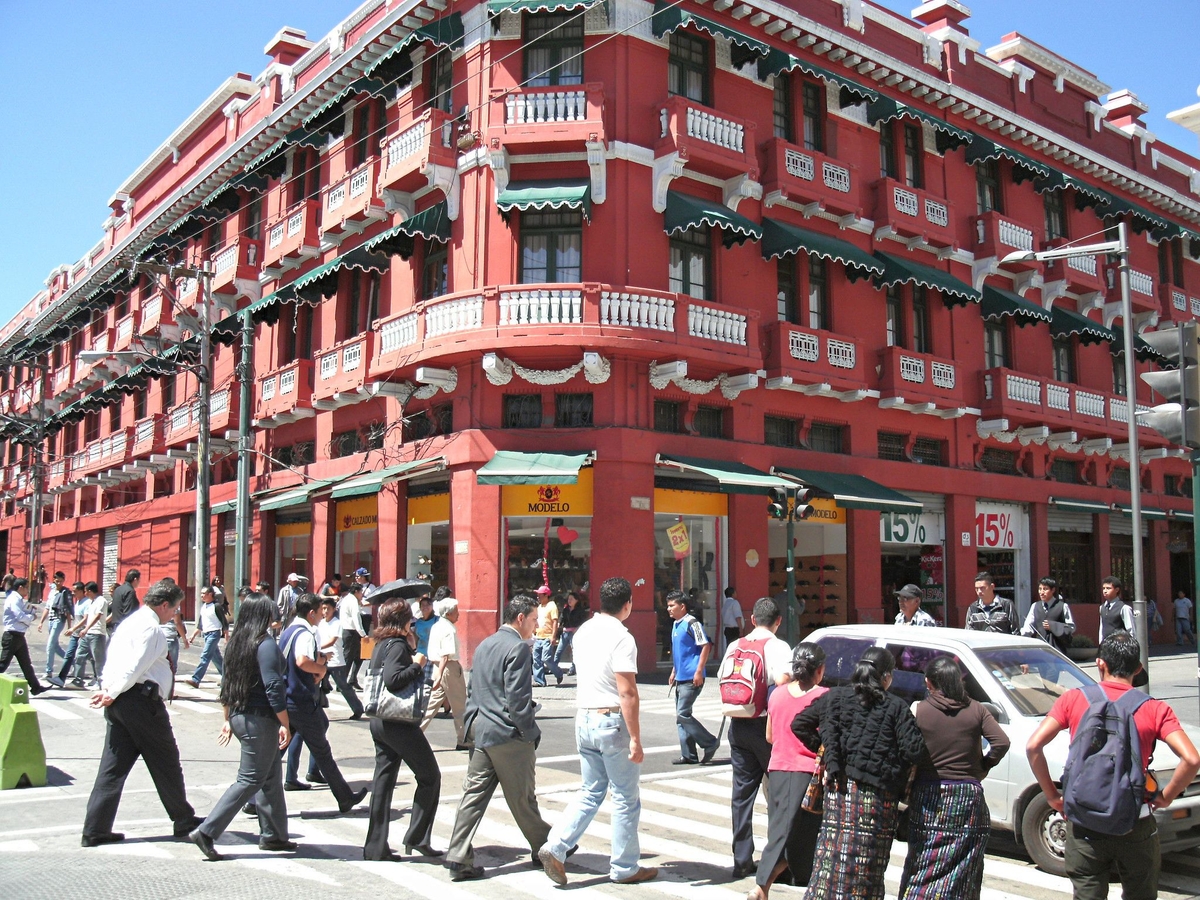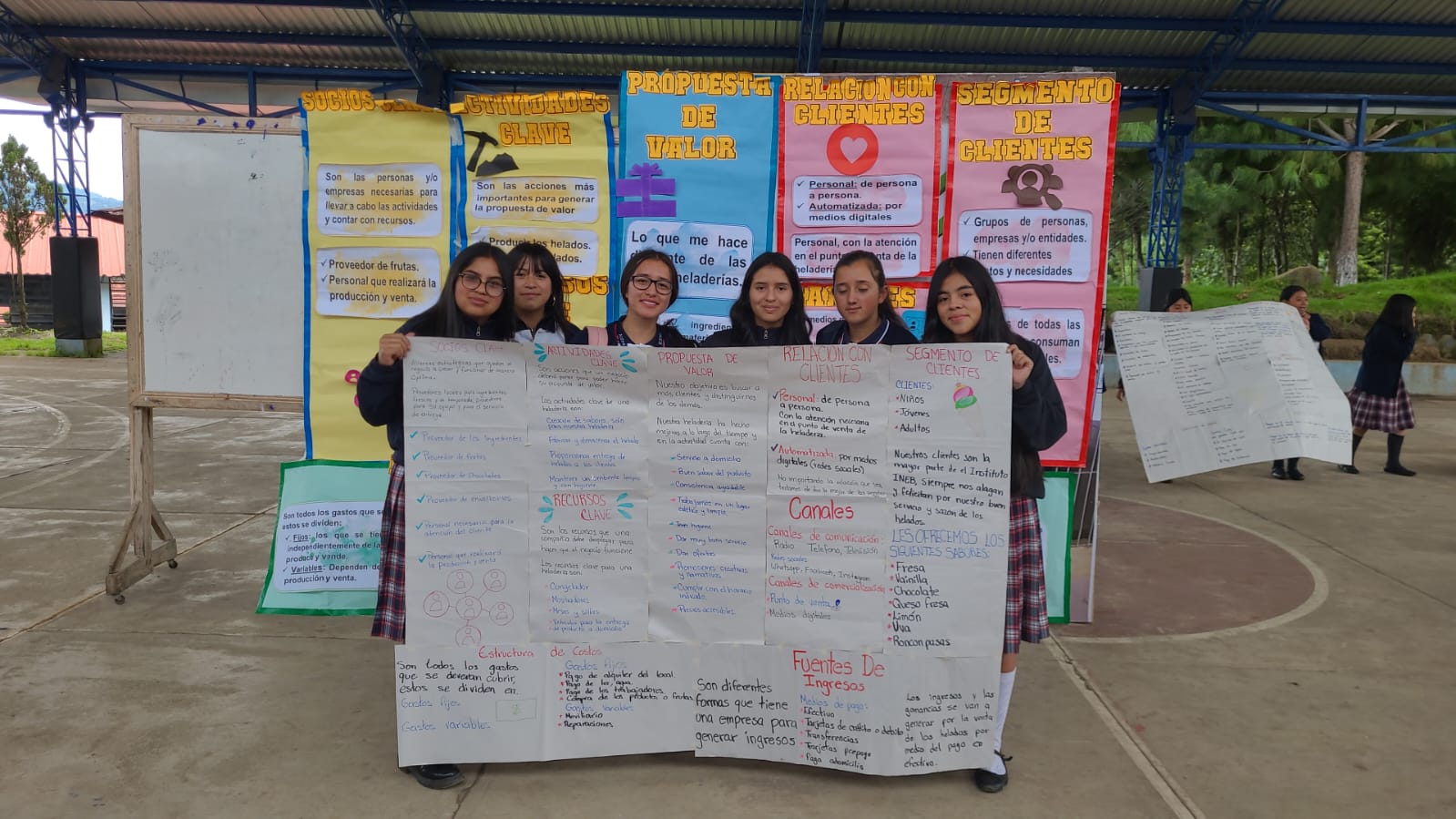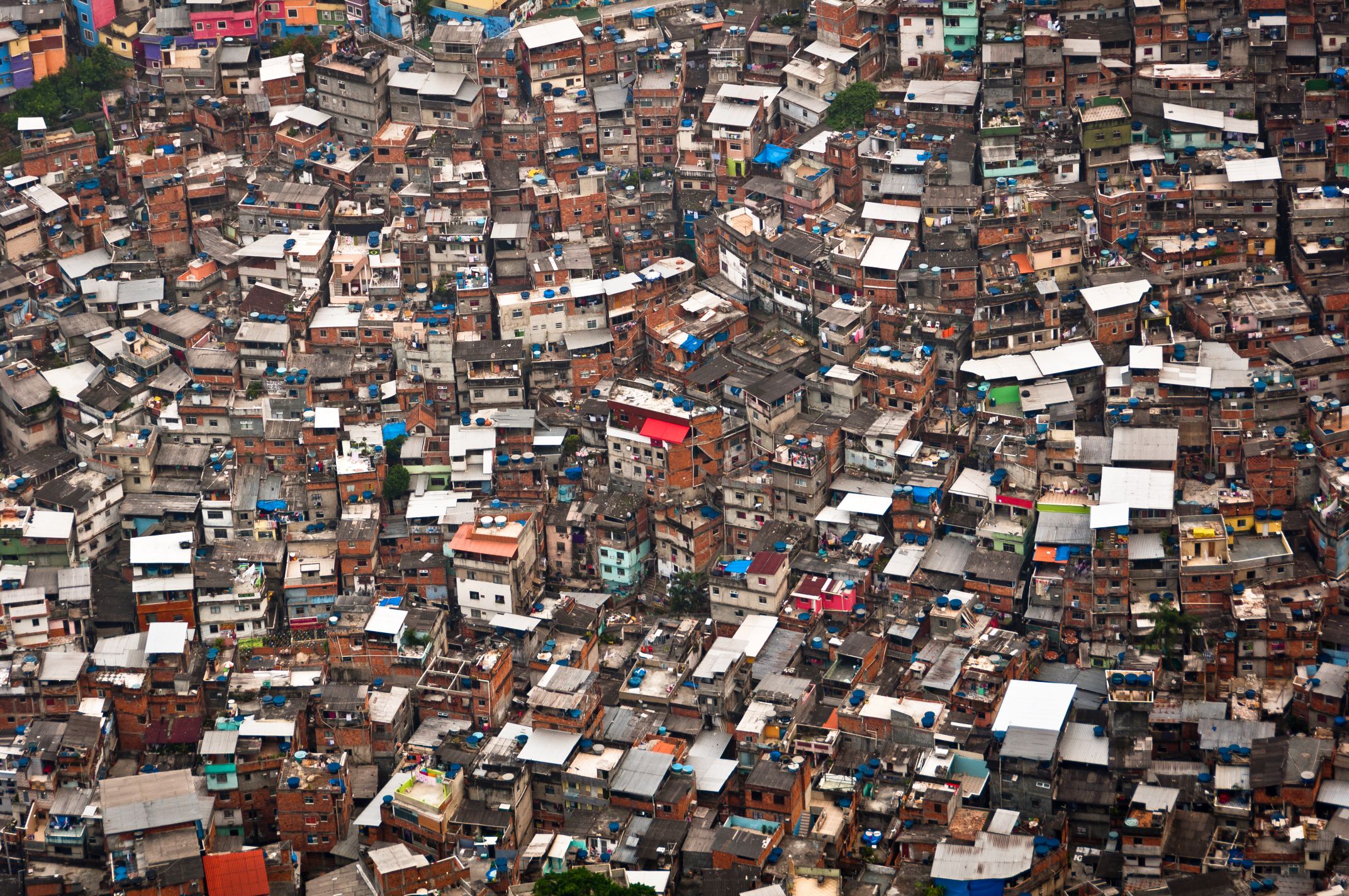Migration and Cities in Guatemala: the Potential of Remittances for Housing
Dynamics of migration in Guatemala are complex. They include internal displacement, transitory migration from other Central American countries and international out-migration, mainly to the US and Mexico. In recent years migrants returning from Mexico and the US have also added further pressure on overstretched cities’ infrastructure, services and housing supply. In the meantime, the country faces a major housing deficit which cannot be tackled with current policies and programmes. In parallel, remittances from international migration, which count for nearly 14 per cent of the country's GDP, have a crucial impact on both the macro-economic situation and households’ income.
Against this background and within the framework of Cities Alliance Cities and Migration Programme, a series of two Housing Laboratories (LAVs) have been organized to explore the relationship among migration dynamics, the role of cities in promoting the integration of migrant population, the economic potential of remittances, as well as housing and urban development.
This report, produced by Francesco di Villarosa, highlights the key outcomes of the first event, organized on 27 August 2020, focusing on the economic potential of remittances for housing financing in Guatemala.

Photo: vaticanus under CC BY 2.0
Two trends led to the significance of the remittances-housing nexus: most Guatemalan households rely on remittances from migrated family members. Meanwhile, the increasing internal migration towards the capital put pressure on local infrastructure. For instance, the structural deficit of formal housing provokes an increase of informal settlements which are often built through unregistered remittances. In addition, informally built houses can rarely be perceived as an asset due to their locations that are often exposed to risks and deprived of basic services.
Given the considerable impact on the national economy, the LAV discussed how remittances can support both the municipalities and the beneficiaries. The panel concluded that coordinated data acquisition and well-tailored policy instruments would enable households to transform remittances into savings. As a result, individuals experience more sustainable investment opportunities while decision-makers can enhance a considerate and efficient urban design that addresses people’s needs and boost the local economy.
The structural deficit of formal housing provokes an increase of informal settlements which are often built through unregistered remittances.
To tackle the lack of data, the creation of an Observatory for Remittances was suggested to institutionalise and monitor the flow of remittances. By connecting administration sources and external data from Guatemalan migrants, information is created that fosters incentives in both public and private sector. Furthermore, education programmes targeting remittance senders and beneficiaries can empower and improve the creditability of residents in the mid-term; well-established credit cooperatives can contribute to the creditability of its members.
The debate also raised one of the fundamental issues that affect housing policies in the region: the disconnect with the city, services and infrastructure, so capacity and political will are needed at the local level in order to enable comprehensive urban planning processes, and cities & citizens to take a protagonist role. To conclude, formal remittances would not only enable more fruitful investments and safeguard livelihoods. They also support the local government’s ability to advance a more balanced housing model of supply and demand.
The event was co-organized by Cities Alliance, Urban Housing Practitioners Hub (UHPH), AVINA Foundation, the Inter-American Dialogue, the National Housing Council of Guatemala, the Municipality of Amatitlan, the Commonwealth of Municipalities of the Naranjo River Basin, and Propuesta Urbana
Learn more about Cities Alliance work in Guatemala:
And about our Housing Laboratories





